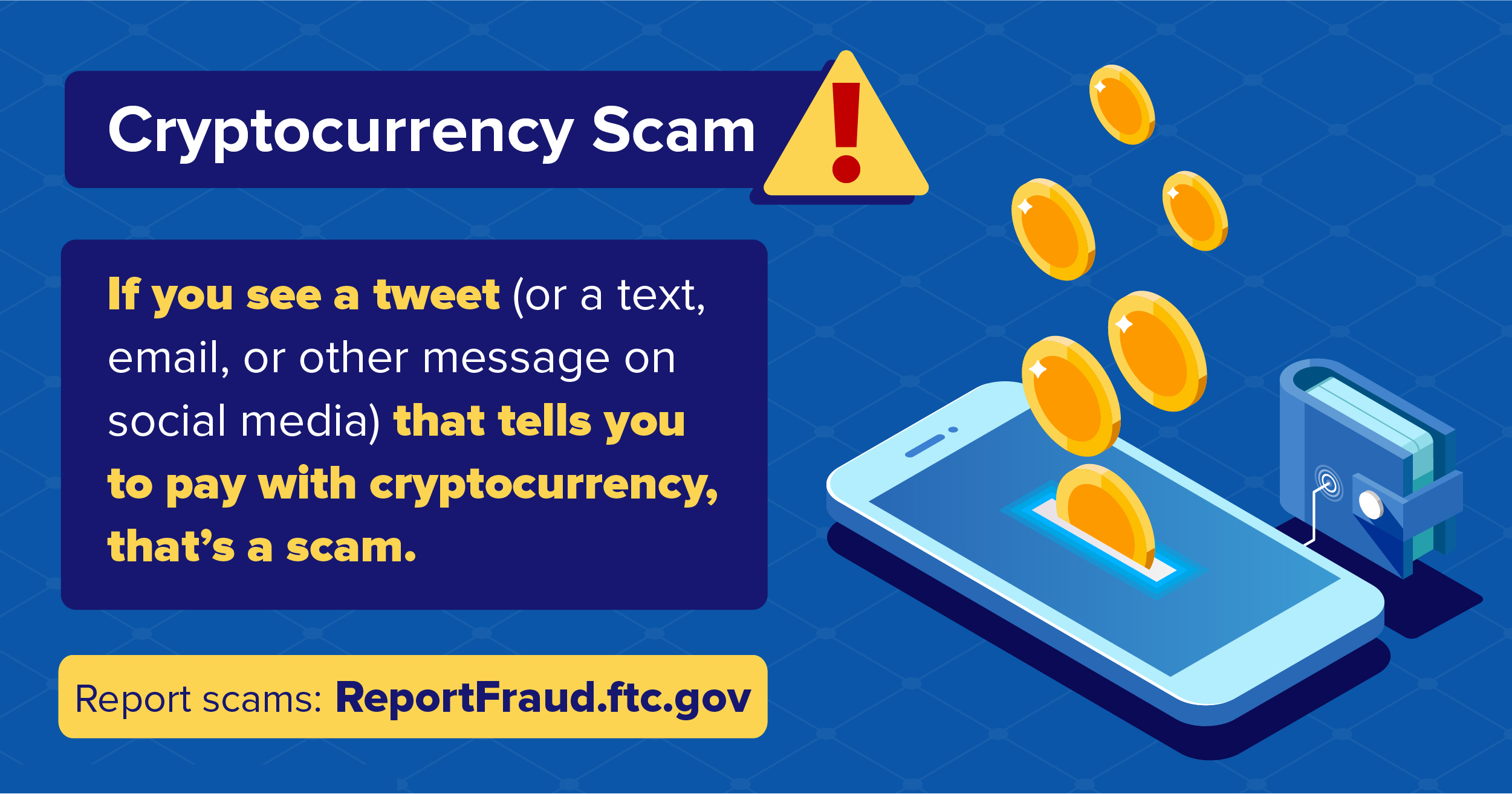Common Types of Blockchain Scams and How to Avoid Them

- Understanding the Basics of Blockchain Technology
- Recognizing the Warning Signs of Blockchain Scams
- Ponzi Schemes and Pyramid Schemes in the Blockchain Space
- Fake ICOs: How to Spot and Avoid Them
- Phishing Attacks and Social Engineering Tactics in Blockchain Scams
- Protecting Your Investments: Tips for Avoiding Blockchain Scams
Understanding the Basics of Blockchain Technology
Blockchain technology is a decentralized and distributed ledger system that securely records transactions across a network of computers. Each transaction is verified by network participants, known as nodes, before being added to a block. Once a block is filled with transactions, it is added to the chain in a linear, chronological order. This creates a transparent and immutable record of all transactions on the network.
One of the key features of blockchain technology is its security. The use of cryptographic algorithms ensures that once a transaction is recorded on the blockchain, it cannot be altered or deleted. This makes blockchain technology ideal for applications where data integrity and security are paramount, such as financial transactions, supply chain management, and identity verification.
Blockchain technology has the potential to revolutionize many industries by providing a secure and transparent way to record and verify transactions. By eliminating the need for intermediaries and central authorities, blockchain technology can reduce costs, increase efficiency, and improve trust between parties. As the technology continues to evolve, it is important for users to be aware of potential scams and take steps to protect themselves from fraudulent activities.
Recognizing the Warning Signs of Blockchain Scams
When it comes to blockchain scams, it is crucial to be able to recognize the warning signs in order to protect yourself from falling victim to fraudulent schemes. Here are some common red flags to watch out for:
- Unsolicited offers: Be wary of unsolicited offers that promise high returns with little to no risk. If it sounds too good to be true, it probably is.
- Pressure to act quickly: Scammers often try to create a sense of urgency to pressure you into making a hasty decision. Take your time to research and verify before investing.
- Guaranteed profits: Any investment that guarantees profits is likely a scam. The cryptocurrency market is highly volatile, and there are no guarantees.
- Anonymous teams: Legitimate blockchain projects have transparent teams with verifiable identities. If the team behind the project is anonymous, it could be a red flag.
- Lack of information: Scammers often provide vague or incomplete information about their project. Make sure to do thorough research and ask questions if anything seems unclear.
By being aware of these warning signs and staying vigilant, you can avoid falling prey to blockchain scams and protect your investments.
Ponzi Schemes and Pyramid Schemes in the Blockchain Space
One of the most common types of scams in the blockchain space are Ponzi schemes and pyramid schemes. These fraudulent schemes lure investors with promises of high returns on their investments, but in reality, they rely on new investors’ money to pay returns to earlier investors. This creates a cycle where the scheme can only sustain itself as long as new investors continue to join.
With the rise of blockchain technology, scammers have found new ways to carry out these schemes. They may create fake investment platforms or cryptocurrencies that promise guaranteed returns or exponential growth. These schemes often target inexperienced investors who are attracted by the promise of quick and easy profits.
To avoid falling victim to Ponzi or pyramid schemes in the blockchain space, it is essential to conduct thorough research before investing in any opportunity. Look for red flags such as unrealistic promises of returns, lack of transparency about how the investment works, and pressure to recruit new investors. Remember, if an investment opportunity sounds too good to be true, it probably is.
Fake ICOs: How to Spot and Avoid Them
When it comes to blockchain scams, one of the most prevalent types is fake Initial Coin Offerings (ICOs). These scams involve individuals or groups creating a fake ICO to lure unsuspecting investors into putting their money into a non-existent or fraudulent project. To avoid falling victim to these scams, it is essential to be able to spot the red flags that indicate an ICO is fake.
Here are some tips on how to spot and avoid fake ICOs:
- Check the team behind the project: One of the first things you should do when considering investing in an ICO is to research the team behind the project. Look for information about the team members, their experience, and their track record in the industry. If the team members have no verifiable information or seem to have questionable backgrounds, it could be a red flag that the ICO is fake.
- Look for a solid whitepaper: A whitepaper is a document that outlines the details of the project, including its goals, technology, and roadmap. A legitimate ICO will have a well-written whitepaper that provides clear and detailed information about the project. If the whitepaper is poorly written, lacks substance, or contains plagiarized content, it could be a sign that the ICO is fake.
- Check the project’s website and social media presence: Legitimate ICOs will have a professional-looking website and active social media accounts. If the project’s website is poorly designed, contains spelling or grammar errors, or lacks important information, it could be a fake ICO. Additionally, check the project’s social media presence to see if they have a following and engage with their community.
- Be wary of promises of high returns: One of the biggest red flags of a fake ICO is the promise of high returns with little to no risk. If an ICO guarantees that you will make a significant profit in a short amount of time, it is likely too good to be true. Remember that investing in cryptocurrencies and blockchain projects carries inherent risks, and there are no guarantees of returns.
- Consult with experts and do your own research: Before investing in an ICO, it is essential to consult with experts in the field and do your own research. Look for reviews and opinions from reputable sources, and ask questions to clarify any doubts or concerns you may have. By taking the time to educate yourself and seek advice from knowledgeable individuals, you can avoid falling victim to fake ICO scams.
Phishing Attacks and Social Engineering Tactics in Blockchain Scams
Phishing attacks and social engineering tactics are commonly used in blockchain scams to deceive unsuspecting individuals into revealing sensitive information or transferring funds to fraudulent accounts. These scams often involve sending fake emails or messages that appear to be from legitimate sources, such as popular cryptocurrency exchanges or wallet providers.
One common tactic is to create a sense of urgency or fear, prompting victims to act quickly without verifying the authenticity of the communication. For example, scammers may claim that there has been suspicious activity on the victim’s account and that immediate action is required to secure their funds.
To avoid falling victim to phishing attacks and social engineering tactics in blockchain scams, it is important to always verify the legitimacy of any communication before taking any action. This can be done by contacting the supposed sender through official channels or visiting their website directly rather than clicking on any links provided in the message.
Protecting Your Investments: Tips for Avoiding Blockchain Scams
When it comes to protecting your investments in the blockchain space, it is crucial to be aware of the common types of scams that exist and how to avoid falling victim to them. Here are some tips to help you safeguard your assets:
- Research Before Investing: Before putting your money into any blockchain project or cryptocurrency, make sure to conduct thorough research. Look into the team behind the project, the technology they are using, and the problem they are trying to solve.
- Avoid Unrealistic Promises: Be wary of any investment opportunity that promises guaranteed returns or seems too good to be true. Remember, if it sounds too good to be true, it probably is.
- Use Secure Wallets: When storing your cryptocurrencies, make sure to use secure wallets that offer features like two-factor authentication and cold storage. This will help protect your assets from hackers.
- Be Cautious of Phishing Attempts: Phishing scams are common in the blockchain space, where scammers try to trick you into revealing your private keys or passwords. Always double-check the URLs of websites and emails before entering any sensitive information.
- Stay Informed: Keep yourself updated on the latest news and developments in the blockchain industry. By staying informed, you can spot potential scams more easily and protect your investments.
By following these tips and staying vigilant, you can reduce the risk of falling victim to blockchain scams and protect your investments in this exciting but volatile space.




